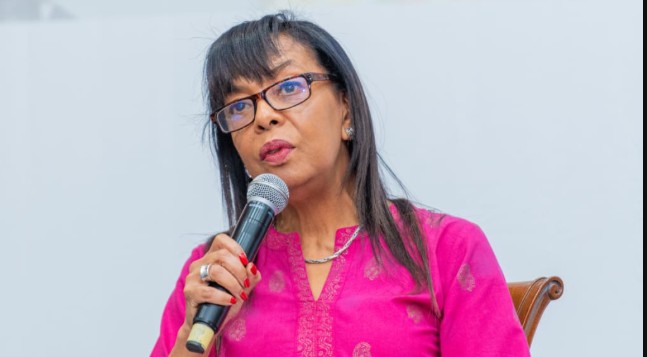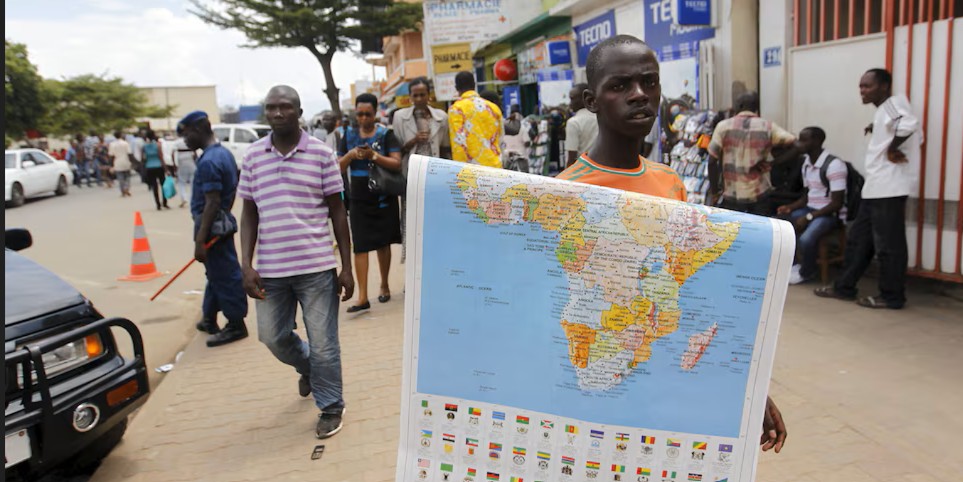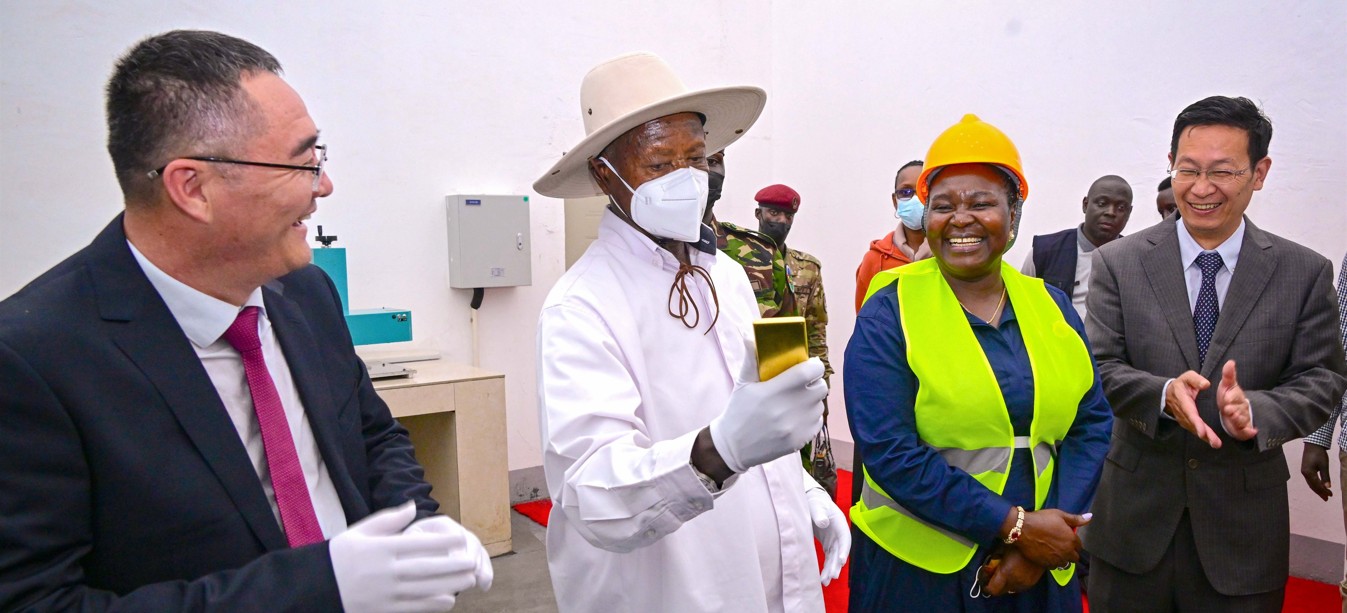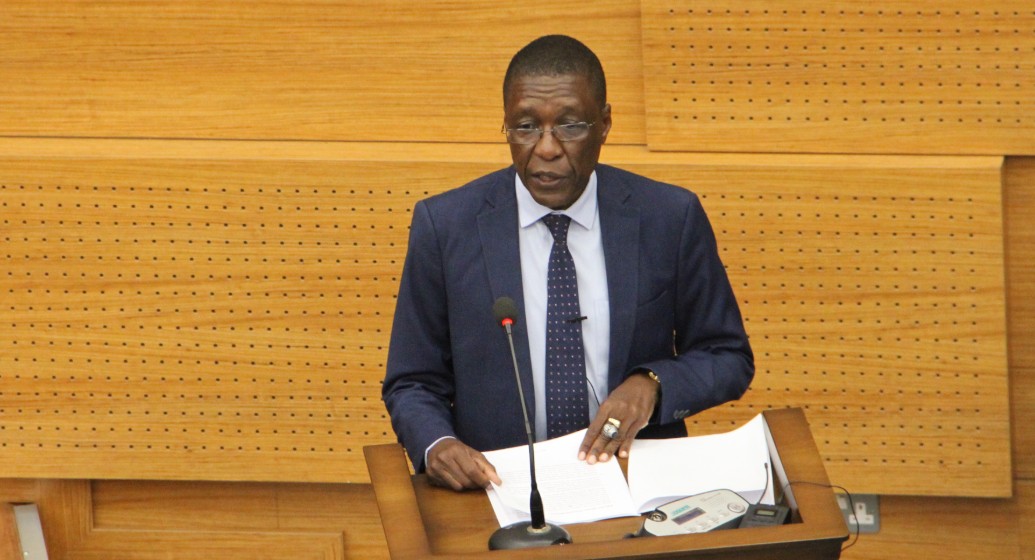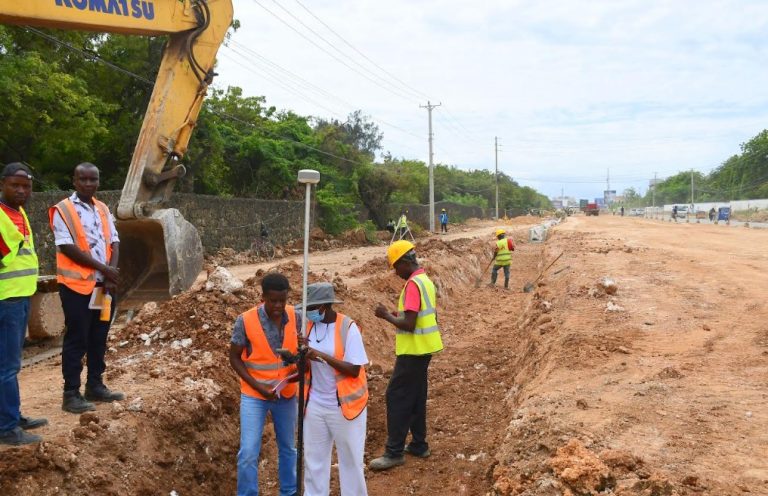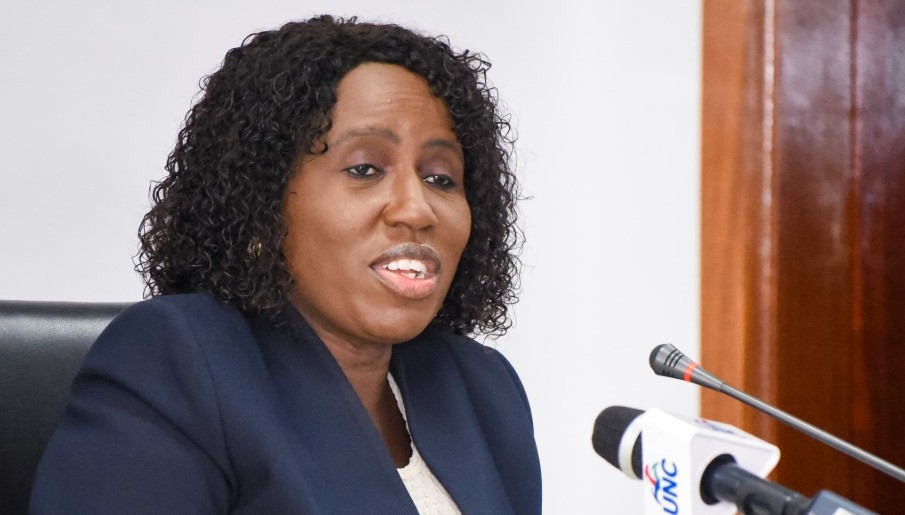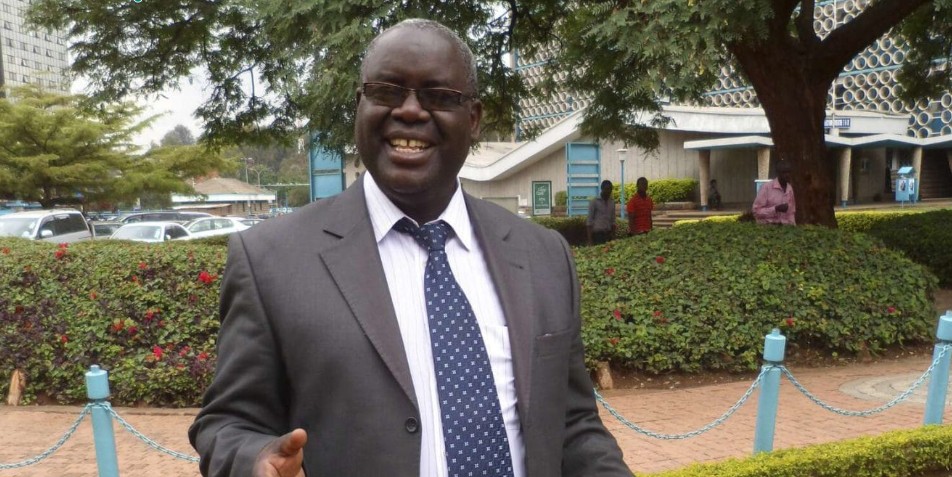Kamukunji faces vaccine crisis as over 12,000 children miss routine immunisation
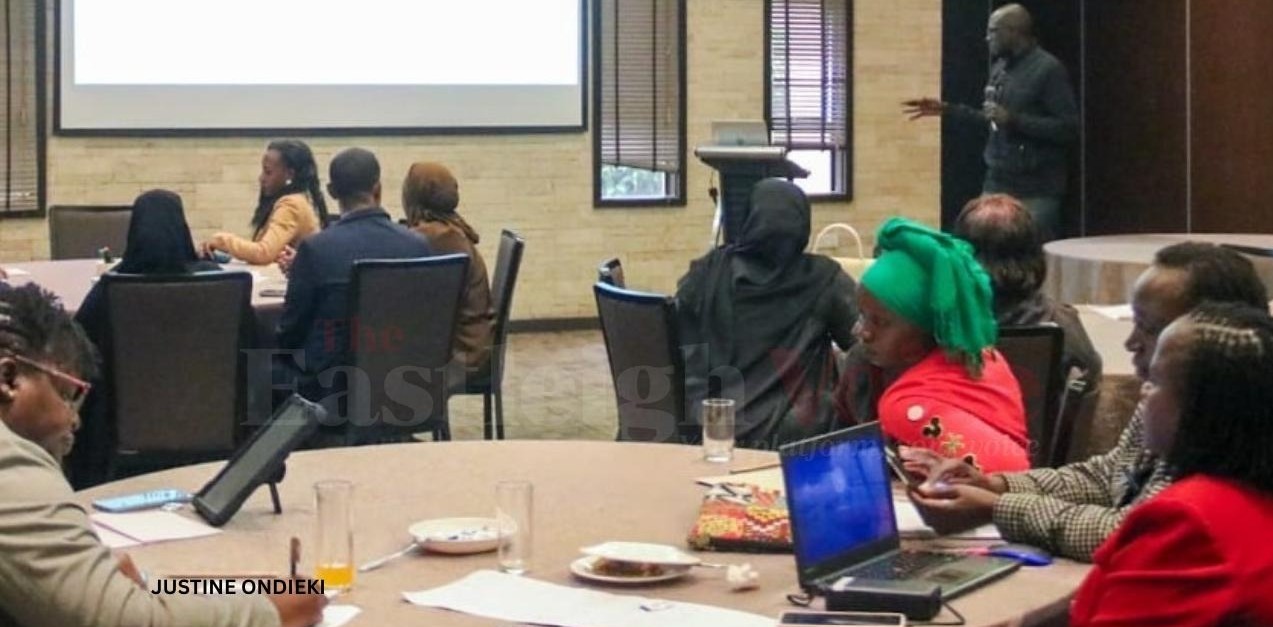
Alarmingly, about 60 per cent of eligible children have not received their second measles dose at 18 months, reducing herd immunity amid a recent Nairobi measles outbreak.
Vaccine hesitancy, a growing global challenge, is now a major concern in Kamukunji Constituency, where routine immunisation rates remain below national targets.
According to the Kamukunji Sub-County Health Department, over 12,000 children missed or defaulted on routine vaccinations between 2020 and 2024, putting both individual and community health at risk.
More To Read
- Residents of Eastleigh’s Seventh Street demand urgent road repairs
- 175 Kamukunji youth receive business equipment from President Ruto to boost employment and income
- Kenya losing 10 mothers daily to preventable postpartum haemorrhage, experts warn
- Creativity in crisis: Kitui village artisans fight to save Nairobi’s craft heritage after market fire
- Kenya vaccinates over 21 million children against typhoid, measles
- Sharp decline in childhood vaccinations leaves 133,000 children unprotected – report
Eastleigh South recorded 6,920 missed vaccinations, Eastleigh North 3,209, and Airbase 2,141.
Some areas, such as Pumwani and California wards, have shown improvement thanks to ongoing outreach and health promotion efforts.
Despite this, coverage gaps remain wide, particularly for vaccines against measles, rubella, typhoid, and HPV.
Alarmingly, about 60 per cent of eligible children have not received their second measles dose at 18 months, reducing herd immunity amid a recent Nairobi measles outbreak.
Barriers to vaccination
During a Monday stakeholder meeting organised by Kamukunji Sub-County Health Department in partnership with community groups, leaders, health professionals, religious figures, civil society representatives, and women leaders discussed barriers to vaccination and potential solutions.
One major challenge is the lack of clear, culturally appropriate communication from health workers. Many parents report that vaccine information is difficult to understand, and language barriers further complicate outreach, especially among immigrant communities.
Misinformation and myths also hinder uptake. Some parents fear vaccines cause infertility, illness, or death, while others believe they serve hidden agendas like population control. Social media and community rumours often fuel these fears.
Spousal consent is another barrier, with some women reporting opposition from husbands, while religious and cultural beliefs sometimes discourage immunisation.
Distrust of free vaccines is widespread, with families perceiving them as low quality or unsafe. Consequently, many prefer private facilities, which are often more expensive and may not stock all recommended vaccines. Caregivers making decisions in the absence of parents, coupled with frequent migration, also complicates follow-ups.
Densely populated areas
Mohamed Adu, Assistant County Commissioner for Kamukunji, highlighted challenges in densely populated urban areas.
“We’ve seen cases where families ask us to wait until they get consent from relatives overseas,” he said. “By the time that happens, the window for timely vaccination has passed. We also continue to hear dangerous myths — including that vaccines spread HIV — and this misinformation must be addressed urgently.”
Adu stressed collaboration with religious and community leaders to build trust, noting, “One unvaccinated child puts many others at risk.” He affirmed the government’s commitment to renewed awareness and vaccination campaigns in areas like Eastleigh.
Lul Isaack Ali, a community leader from UMMA CBO in Eastleigh Airbase, explained that while vaccines are free and available, many mothers do not prioritise routine immunisation.
“Often, women are busy running businesses or working and leave their children with caregivers who may not understand the importance of following the full vaccine schedule. These vaccines protect our children from diseases like TB, measles, and cervical cancer. Public health facilities are safe, and we need more women to take advantage of the services that are already there,” she said.
Ali added that some families believe private hospitals are safer, despite many lacking key vaccines.
“We must stop believing that free means fake,” she urged, highlighting the need to utilise public health services.
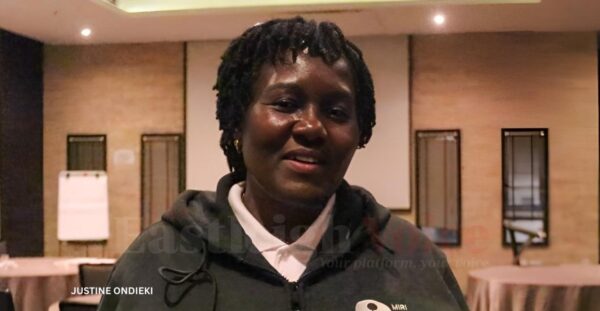 Lilian Mutua, the Head of Health Promotion in Nairobi City County. (Photo: Justine Ondieki)
Lilian Mutua, the Head of Health Promotion in Nairobi City County. (Photo: Justine Ondieki)
Below immunisation target
Lilian Mutua, Head of Health Promotion in Nairobi City County, noted that Kamukunji is below the 95 per cent immunisation target needed for community-wide immunity, currently at 84 per cent.
Kenya’s standard schedule includes doses at birth, 6, 10, and 14 weeks, with follow-ups at 9 and 18 months.
Many children default after the first dose or never start vaccination.
Coverage for newer vaccines, such as the second measles dose and HPV, remains particularly low, and Covid-19 vaccination rates are also suboptimal.
To address this, Nairobi health teams conduct door-to-door campaigns, education forums, and targeted defaulter tracing, working with community health promoters to locate children who missed doses and encourage completion of the schedule.
Mutua explained that declines in coverage since Covid-19 are tied to socioeconomic hardship and migration, with children from informal settlements and immigrant families often falling through the cracks.
Mutua also emphasised the importance of follow-up doses.
“Vaccines like the measles shot are not always 100 per cent effective after just one dose—between 15 and 20 per cent of children may not develop complete immunity initially. This is why a second dose is critical. Such campaigns are not merely routine procedures but essential measures to prevent outbreaks of life-threatening diseases like measles and polio. We run campaigns because there is a real need. It’s far more cost-effective to prevent disease with a free vaccine than to treat its consequences,” she said.
She reaffirmed that Nairobi County, in partnership with the National Immunisation Programme, is committed to ensuring no child is left behind.
Through ongoing outreach, education, and accessible services, the county aims to build trust and deliver life-saving vaccines to every child in Kamukunji and beyond.
Top Stories Today
Reader Comments
Trending
